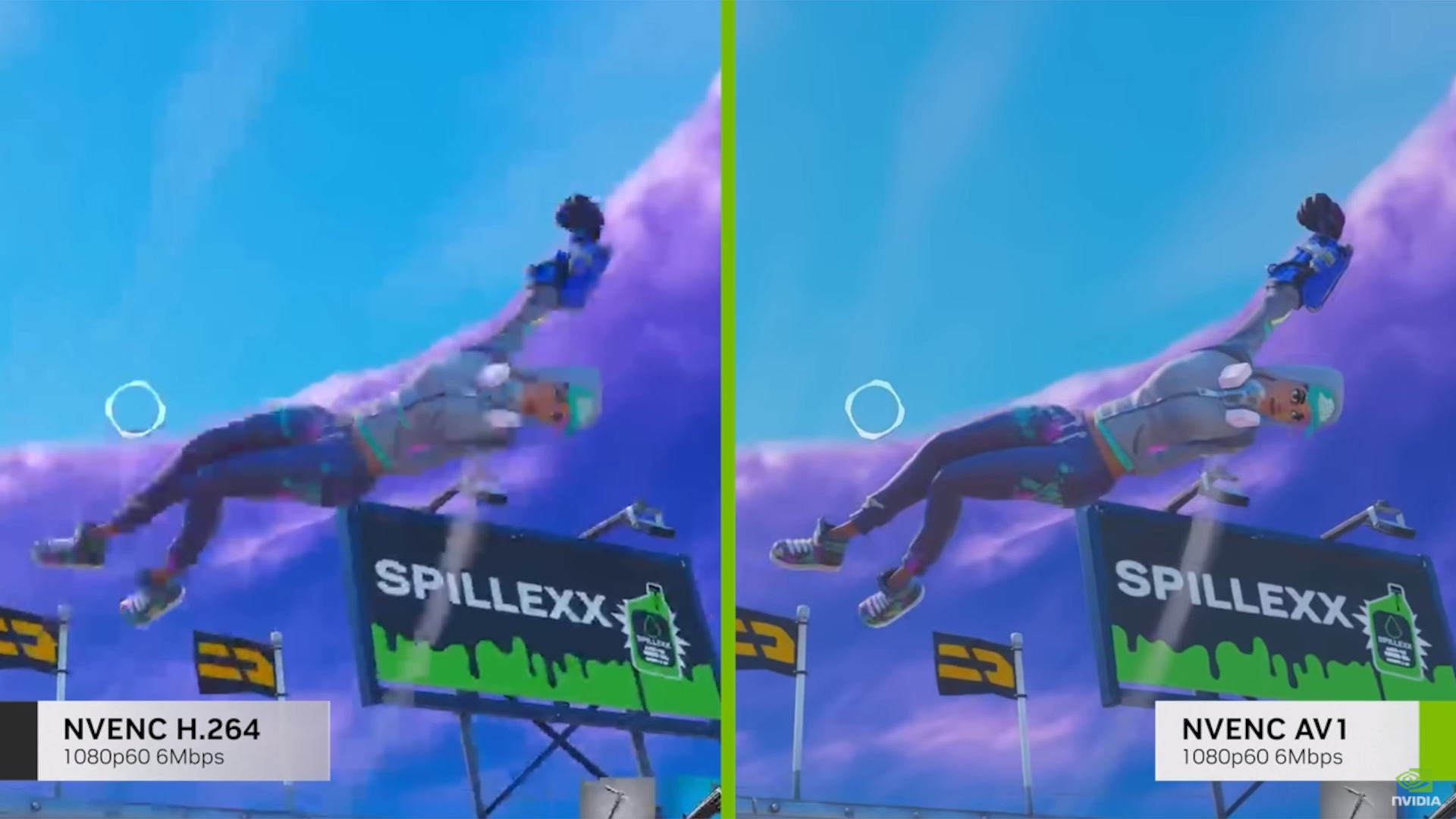Hey all,
Not long got into VR gaming, got a Quest 3, My PC plays games fine now I have it set up with both VD and Airlink, But is it worth upgrading from a 6800XT to a 40** or 70** series card to use AV1 encoding, current gen doesnt seem like a massive upgrade from last gen in terms of actual PC gaming and it only seems to have AV1 going for it.
So from peoples experiance would you upgrade just for AV1, from videos ive seen it doesnt look any different but I guess you have to be there to see it kinda thing.
Not long got into VR gaming, got a Quest 3, My PC plays games fine now I have it set up with both VD and Airlink, But is it worth upgrading from a 6800XT to a 40** or 70** series card to use AV1 encoding, current gen doesnt seem like a massive upgrade from last gen in terms of actual PC gaming and it only seems to have AV1 going for it.
So from peoples experiance would you upgrade just for AV1, from videos ive seen it doesnt look any different but I guess you have to be there to see it kinda thing.


